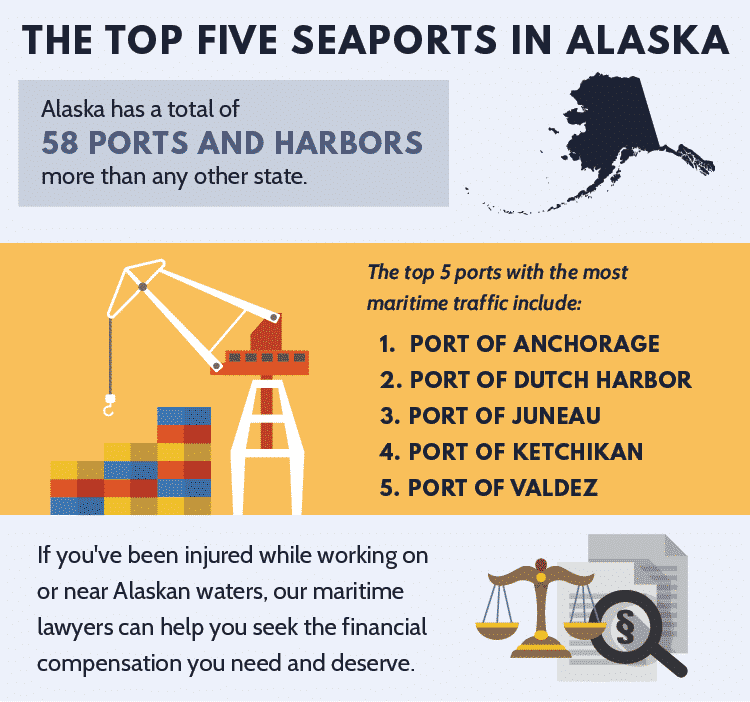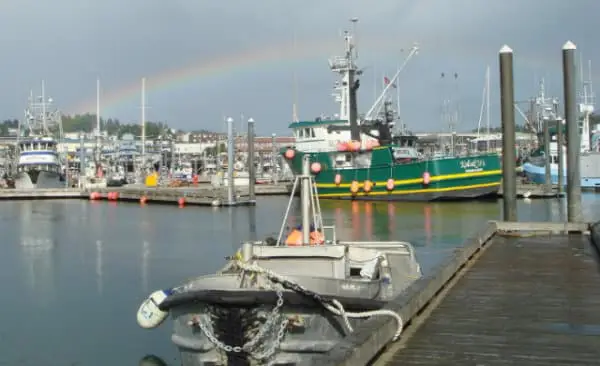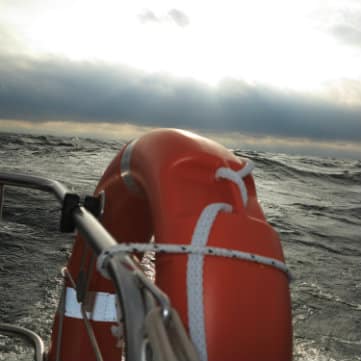If you’ve been injured while working in Alaska’s maritime industries, you may have several questions:
We can help answer your Alaska maritime work injury concerns in a free consultation. Contact our Jones Act lawyers in Alaska today to get started.
With more coastlines than all other states combined, Alaska’s geography makes it a prime location for a variety of maritime industries. In many areas, maritime industries provide the vast majority of jobs in the region, either directly or indirectly. Fishers, crabbers, ship crew members, dock and harbor workers, and many others work in and around the water each day to help these industries grow and provide a living for their families.
With a state economy so dependent on maritime work, it’s important that employees in this industry are protected in the event of a work-related maritime or offshore injury. Depending on your specific job duties, as a maritime worker, you’ll be covered under either the Jones Act or the Longshore and Harbor Workers’ Compensation Act (LHWCA).
Our Alaska Jones Act lawyers have years of experience and can help answer any questions you may have. Contact us today.


Alaska has more ports and harbors than any other state in the country, with a total of 58. Some of the most popular, high-traffic ports include:

Our maritime lawyers have experience representing workers throughout all types of maritime industries in Alaska, including:
If you’re unsure whether you’re covered under the Jones Act or the Longshore and Harbor Workers’ Compensation Act, it may be helpful to discuss your work duties with one of our experienced maritime lawyers. The right lawyer can help you decide which claim to file and guide you through each step of the claims process.
Many maritime workers don’t realize how complex maritime law is until they get injured on the job. These industries are governed by different rules than most land-based industries, and determining which form of compensation you qualify for can be complicated.
There are many types of maritime injuries that can qualify the victim for workers' compensation. Generally, if any medical bills were incurred, these should be covered. Other expenses should be covered as well, including when a maritime accident results in death.
Additionally, it’s common for maritime workers to think their employer and insurance company will look out for them, only to face resistance once they try to obtain the compensation they need and deserve. These employers are often powerful companies themselves, and the insurance companies that represent them often have skilled teams of maritime lawyers on their payroll.
In order to make sense of the complexities of maritime law and negotiate with tough insurance companies, it’s often necessary to have an experienced maritime lawyer on your side. A knowledgeable lawyer can help you gather everything you need for a successful claim or lawsuit, represent you in court, and negotiate with the insurance companies on your behalf.
To learn more about your options, contact one of our experienced Alaska maritime injury lawyers today for a free consultation.
Also Visit: Your Rights After A Rigging Work Accident

 info@legalherald.com
info@legalherald.com